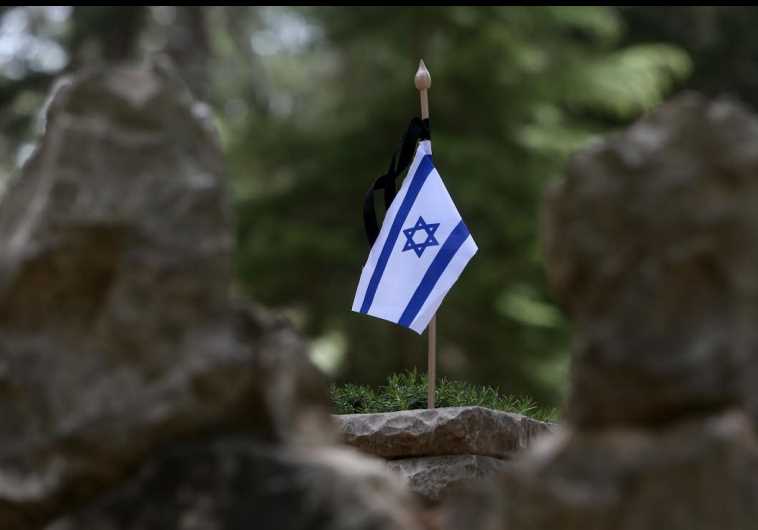Bereaved US, Israeli families share a loss that bridges cultures
IDF Widows and Orphans Organization: We want them to know that they are not alone in this loss, that there are thousands who understand.
 Mount Herzl military cemetery(photo credit: MARC ISRAEL SELLEM)
Mount Herzl military cemetery(photo credit: MARC ISRAEL SELLEM)